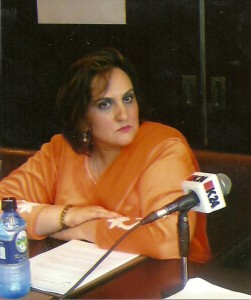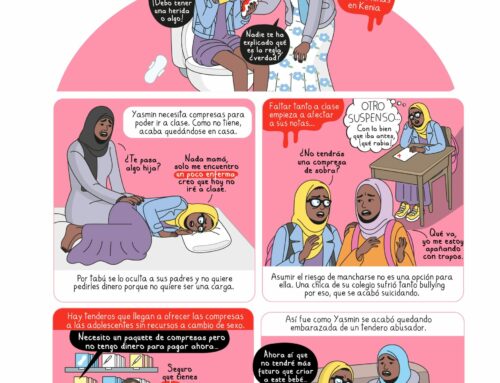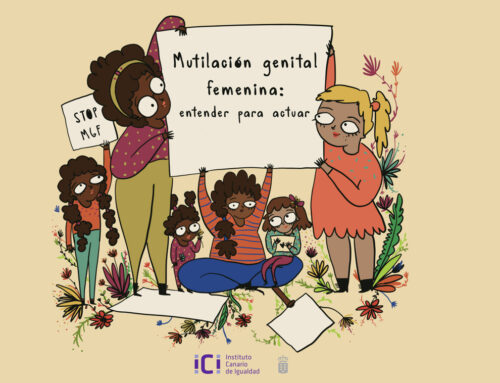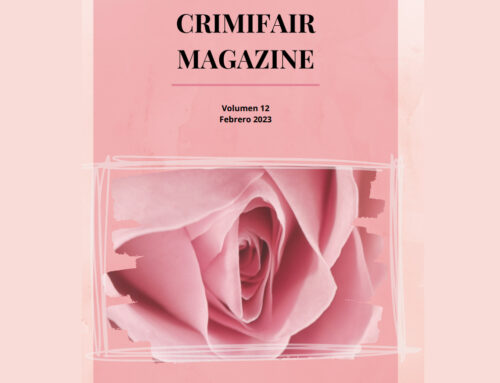By Zamzam Abdi Tatu
Somalia can win the war on Female Genital Mutilation (FGM) if Muslim scholars support stakeholders in fighting against the archaic practice. This is according to the Executive Director of Mothers Lap Foundation, Ms Farah Manzoor.
Just last week, Somali leaders unanimously adopted a provisional constitution that prohibits female circumcision and protects the right to have an abortion to save the life of the mother.
The constitution, some eight years in the making, also guarantees minimum 30% women representation in all public leadership roles. A clause celebrated by advocacy stakeholders and women activists in Somalia and Kenya.
Analysts believe that the impact of the new dispensation on FGM might not be seen in the near future if campaign strategies resort to the customary women-fronted approach.
A Somali girl has a rest right after being cut in Nairobi, Kenya. © Jon Cuesta
While welcoming the new Somali constitution as tool for women empowerment, Ms Manzoor- stressed the need for a revamped multidimensional approach that will bring on board influential religious leaders in the fight against FGM.
Banning FGM, she says, is the first step of an aggressive campaign that will rid Somalia off the archaic practice. However, she warned that illegalization alone will not curb the practice that has -according to the UN -a 97% prevalence rate in the Islamic nation.
“It is a landmark achievement to ban FGM and I congratulate the Somali leaders, but they should be at the fore front in campaigning against it because it’s a national issue and not woman’s and further delinking FGM from Islam will empower the community in eradicating the practice”, said the articulate activist.
Meanwhile, despite its ban, the Kenyan government and anti-FGM rights groups are yet to make significant progress in banishing the practice. In fact, a recent study conducted in Kenya Delinking Islam from FGM shows that 97 per cent of the Muslims in North Eastern Kenya practice FGM in the name of religious and cultural beliefs and strongly links religious beliefs in the Somali community to the current prevalence rates.
In an interview with Save a Girl Save a Generation, Ms Manzoor also cited limited funding and poverty as the cause for the grim statistics.
After its adoption, members of the civil society in the region praised the constitution and the international community expressed optimism in the progress made by the Transitional Federal Government (TFG) of Somalia in developing the liberal charter.
Augustine P. Mahiga, the U.N. representative for Somalia, said the constitution will “bring Somalia into the 21st century on issues such as fundamental human rights and freedoms, including empowerment of women.”
The draft document was examined by 825 Somali leaders during a nine-day meeting in Mogadishu. The unanimous adoption of the charter is seen by many as a great achievement as the country gears for its first elections out of the 2004 U.N mandated transitional arrangement.
But, three days before its ratification, a group of Somali Muslim scholars voiced their objection to several principles among them, the ban on female circumcision.

Chairman of the Supreme Religious Council in Somalia Sheikh Bashir Ahmed Salad said the group contests the constitutional provision on banning female circumcision as it is “contrary to the Islamic Shariah.” A statement disputed by renowned scholars in the Muslim community.
Asked whether she celebrated the ban on FGM, Deqa Ahmed, a 26-year-old mother who fled the civil anarchy in Somalia lambasted the Somali leaders for “promoting western culture in Somalia.” This further highlights the level of ignorance with a majority of women interviewed unable to explain how ‘Islamic’ the practice is.
“A fatwa from the clerics, and concerted efforts from all stakeholders can progressively win over the deep rooted cultural practice”, reiterated Ms Manzoor.
For Somali women, empowerment is a continuous struggle, one whose success strongly depends on the entire society.




Deja tu comentario